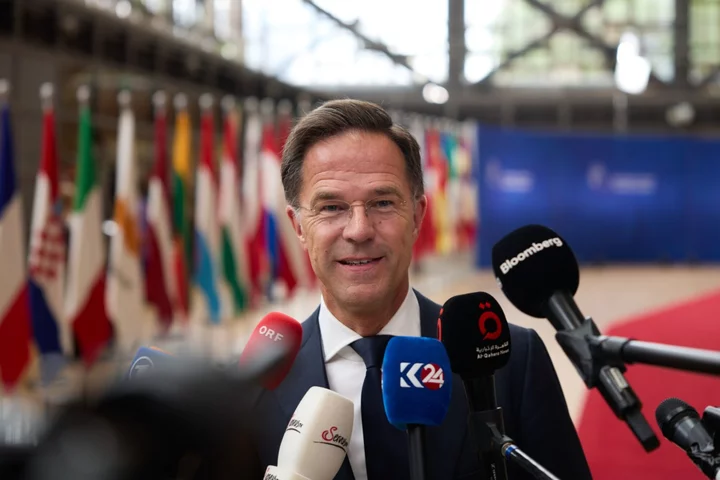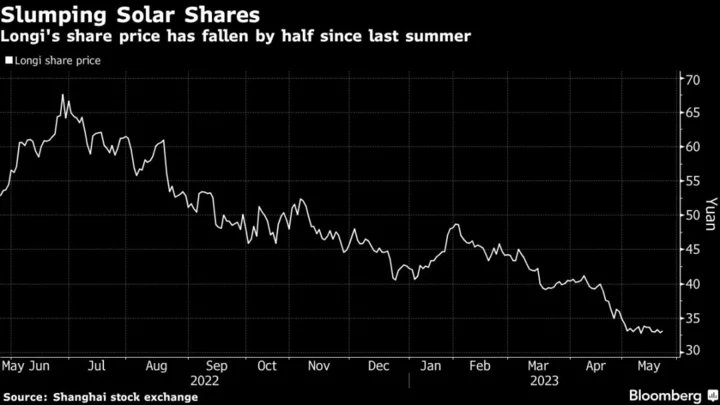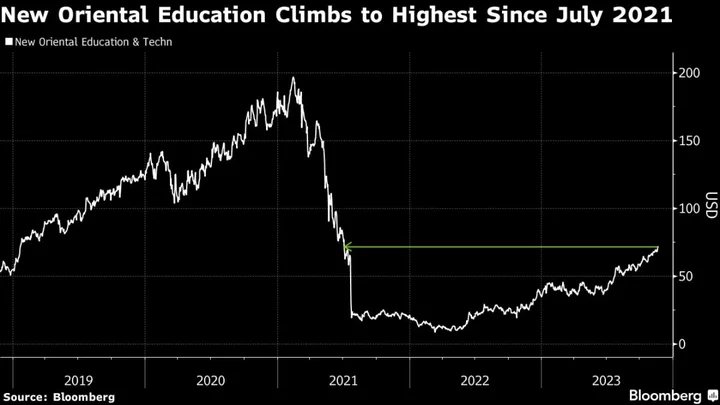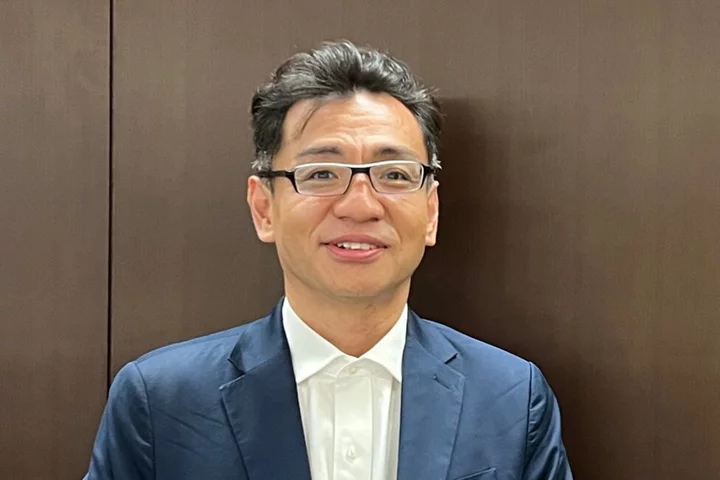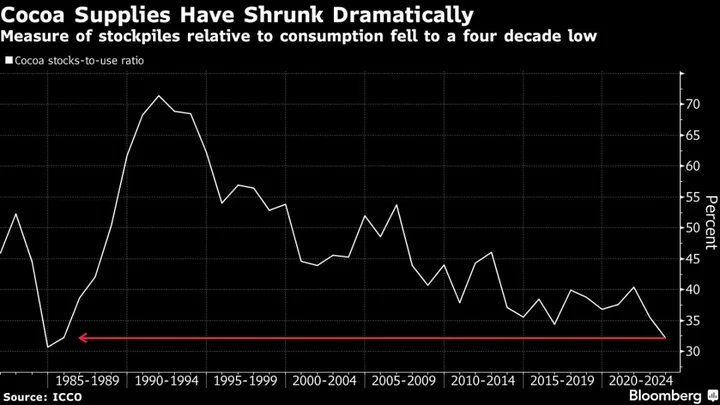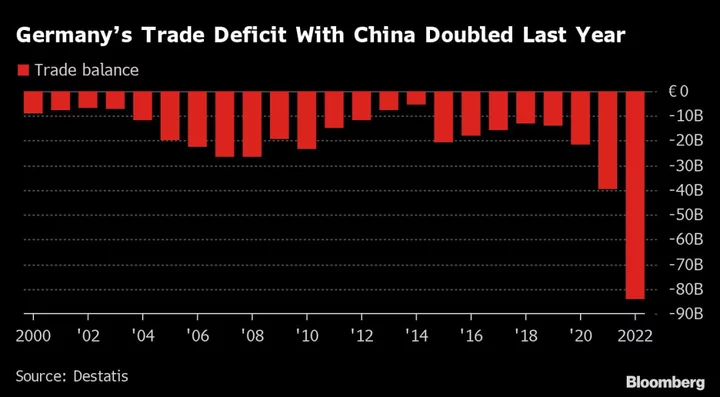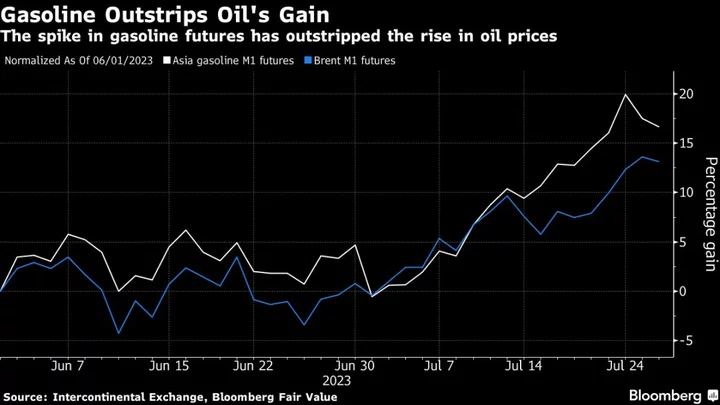After Dutch Prime Minister Mark Rutte relinquishes his post as the longest-serving premier of the Netherlands to retire this year, his successor will be confronted with a host of issues.
The challenges range from forging consensus on migration — a hot-button issue that brought down Rutte’s government last week — to a housing shortage, a restrictive aviation policy and the fallout from controversial climate targets. Throw in the role of the Netherlands in supporting the US in a global blockade to China’s chip-making ambitions, and the next Dutch leader will have to juggle domestic crises while balancing geopolitical ambitions.
Here is a list of issues on the burner ahead of a new government taking over after elections to be held in mid-November at the earliest.
Migration Crisis
The four-party coalition government collapsed last week over a failure to navigate differences over migration. Like much of Europe, the Netherlands has been grappling with the influx of refugees from countries including Syria and Afghanistan. The government expects the number of asylum seekers to climb to some 70,000 this year from almost 48,000 in 2022. A local court last year said the country was failing to meet European requirements for the “dignified” reception of refuges. As the coalition neared agreement on the policy last week, talks were upended by Rutte’s demand that coalition parties quit the government if they didn’t accept limits to family reunification.
Chip-Export Restrictions
In January, the Netherlands joined Japan in agreeing in principle to support the US in curbing China’s access to advanced semiconductor equipment. The Dutch government is due to expand export restrictions on Europe’s most valuable technology company, ASML Holding NV, in September after coming under pressure from the US President Joe Biden’s administration. The new regulation will force ASML to apply for licenses to ship three models of its advanced machines. But ASML, which is hesitant to cut off one of its biggest markets, has put up resistance. The new premier could face further pressure from Washington as Dutch measures fall short of those in the US.
Environmental Targets
As the world’s second-largest exporter of agriculture products, the Netherlands aims to halve nitrogen emissions by 2030 after intensive farming devastated biodiversity in the country. Farmers rallied for months against the measures, which they fear would put some of them out of business. The government, in turn, earmarked a total of €1.47 billion ($1.6 billion) to buy out hundreds of farms and agricultural businesses near nature reserves and compensate losses. Negotiations on farm reform fell apart in June, with Agriculture Minister Piet Adema calling it a “missed opportunity.”
Housing Shortage
Rutte’s cabinet last year responded to an increasingly severe housing shortage by forging an agreement with regions to add more than 900,000 new homes by 2030 — as much as two-thirds slated as affordable housing. But the nation’s ability to follow through is being hampered by limited land, labor scarcity, climbing construction costs and fewer building permits. The government was also considering imposing limits on non-European Union students at its universities, which are running out of space as foreign students number some 115,000 last year.
Schiphol Capacity Curbs
The Dutch government set a precedent by proposing reduced capacity at Amsterdam’s Schiphol airport of 12% by 2024, with the aim of minimizing noise pollution. In a potential blow to carriers who said that the capacity restrictions violate international regulations, a court ruled last week that the state could go ahead with a capacity cut to 460,000 annual flights, from 500,000, for the upcoming season. Schiphol airport, which offers the most direct flight connections of any airport in Europe, also proposed banning night flights and private jets in the coming years.
State Sale
On the corporate front, Dutch state-owned power grid operator TenneT Holding BV is set to sell its German unit to the German government in a deal worth as much as €30 billion after the summer. The government had been looking for alternatives to financing the €15 billion of equity required for the German operations. TenneT on on Monday urged the Netherlands not to let policies come to a standstill.

